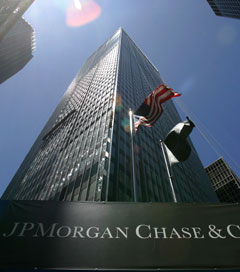Mark Provost's blog
Most Popular
User login
Poll
The Golden Rule
- 1826260 reads
Will the NY Attorney General Bring Doomsday Charges Against Wall Street? If So, How Long Will He Survive?
- 1216320 reads
New York Post Claims Census Falsifies Unemployment Figures
- 950796 reads
How Many Jobs Are Needed to Keep Up with Population Growth?
- 362033 reads
VAT or Value Added Tax is Getting a Look in D.C.
- 345708 reads
U3 and U6 Unemployment during the Great Depression
- 321186 reads
The war on the middle class
- 315723 reads
House discusses 401k/IRA confiscation
- 314599 reads
Tax Cuts for the Rich Do Not Generate Jobs
- 279751 reads
.


Recent comments